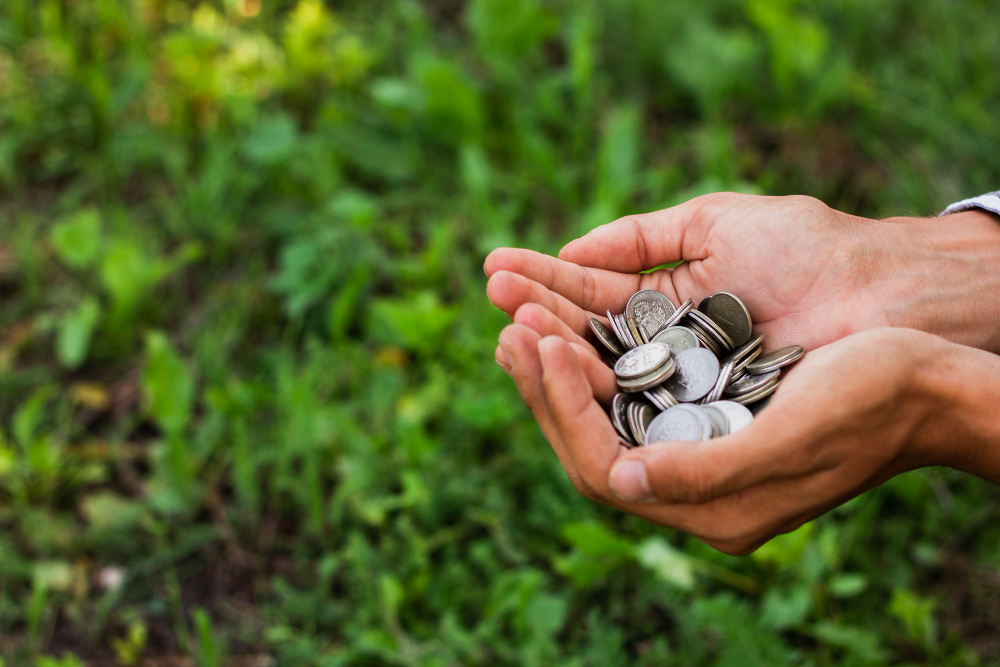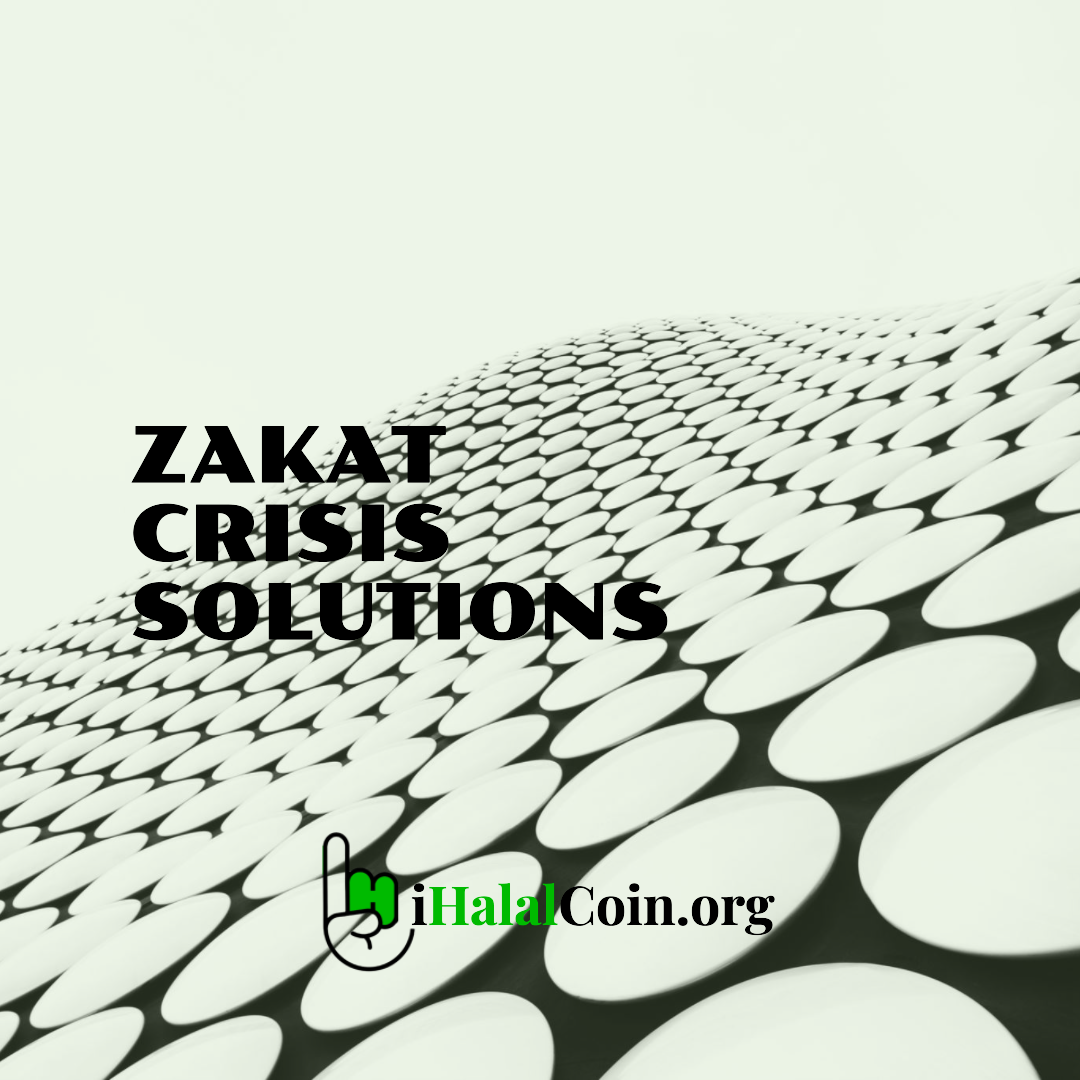In the grand tapestry of Islamic faith, Zakat weaves a thread of social responsibility and economic justice. It’s a cornerstone of Islam, a pillar that upholds the structure of a balanced and equitable society. But today, this pillar faces a crisis, a storm that threatens to shake its very foundation. The Zakat crisis is complex, multifaceted, and deeply rooted in socio-economic structures and practices. But fear not, for every crisis brings with it the seeds of its own solution. And so, we embark on a journey to unravel this Zakat crisis and seek solutions that can restore the balance and reinforce the pillar of Zakat [1].
Understanding the Zakat Crisis
The Zakat crisis is like a puzzle, a jigsaw with pieces scattered across the socio-economic landscape. It’s a crisis that stems from various factors, including lack of awareness, mismanagement, and socio-economic disparities. The impact of this Zakat crisis is far-reaching, affecting not just the individuals who rely on Zakat, but the entire Muslim community [2].
Take, for instance, the financial crisis of 2009. It was a storm that swept across the globe, leaving a trail of economic devastation in its wake. But amidst the chaos, Zakat stood firm, a beacon of hope and resilience. In fact, Zakat practice increased by more than 6% during the crisis, a testament to its immunity to financial turmoil [3].
The Role of Zakat in Times of Crisis
In the face of a crisis, Zakat emerges as a beacon of hope, a lifeline for those caught in the storm. It’s a testament to the resilience of the Muslim community and the power of faith. During the 2009 financial crisis, Muslims increased their charity work, with some Zakat institutions reporting an increase in the amount of Zakat received [4]. This shows that in times of crisis, Zakat can serve as a safety net, providing much-needed support and relief.
Zakat and Community Development
Zakat is not just a religious obligation; it’s a tool for community development, a catalyst for social change. A case in point is the Community-Led Total Sanitation (CLTS) approach in Banten, Indonesia. Here, Zakat funds were used to provide clean water and proper sanitation, transforming the lives of the local community [5]. It’s a shining example of how Zakat can be leveraged to address socio-economic challenges and foster community development.
Productive Zakat: A Modern Solution
In the modern era, the concept of Zakat has evolved, adapting to the changing socio-economic landscape. Enter productive Zakat, a concept that promises to revolutionize the traditional practice of Zakat. Productive Zakat is akin to the processed product of Sayyed Hossein Nasr’s idea, a solution to the Zakat crisis that plagues the modern era [6]. It’s a concept that harnesses the power of Zakat to stimulate economic growth and foster social development.

Zakat and Technology: A Contemporary Approach
In the digital age, technology has emerged as a game-changer, a force that’s reshaping the world as we know it. And Zakat is no exception. The advent of technology has opened up new avenues for managing Zakat, making it more efficient and transparent. A prime example is the Artificial Intelligence and NLP based Islamic FinTech model that combines Zakat and Qardh-Al-Hasan. This model leverages technology to counter the adverse impacts of crises like COVID-19 on SMEs and individuals [7].
Conclusion
The Zakat crisis is a challenge, a test of our resilience and resolve. But it’s a challenge that we can overcome, a test that we can pass. The solution lies in understanding the complexities of the crisis, in harnessing the power of Zakat for social and economic development, and in leveraging technology to manage Zakat more efficiently. It’s a journey that requires courage, resilience, and innovation. But it’s a journey worth taking, for at the end of it lies a stronger, more resilient pillar of Zakat.
As we navigate this journey, we are not just unraveling a crisis; we are seeking solutions that can transform lives and communities. We are not just reinforcing a pillar of Islam; we are building a bridge to a more equitable and just society. And as we continue this journey, we carry with us the hope and promise of Zakat, a beacon that guides us through the storm and leads us to a brighter, more equitable future [8].
References:
- [1] Understanding Zakat
- [2] Zakat Crisis
- [3] Zakat during Financial Crisis
- [4] Role of Zakat in Crisis
- [5] Zakat and Community Development
- [6] Productive Zakat
- [7] Zakat and Technology
- [8] Zakat: A Beacon of Hope

